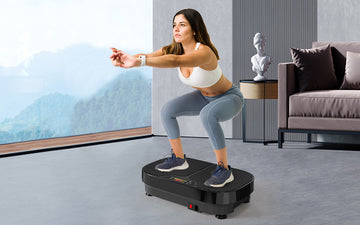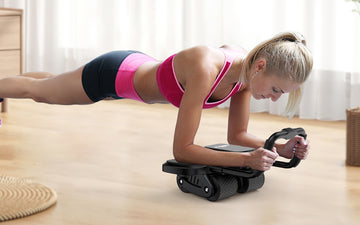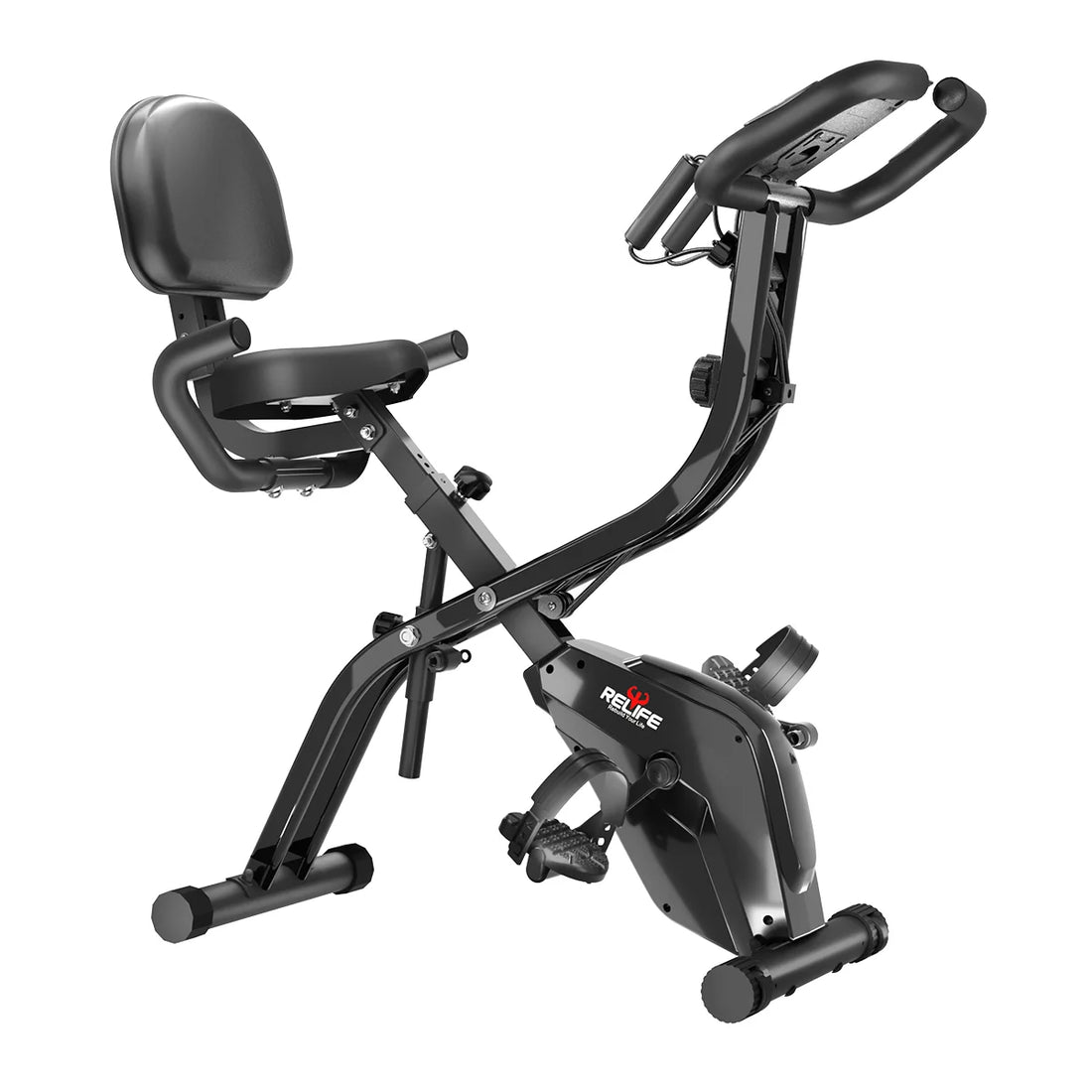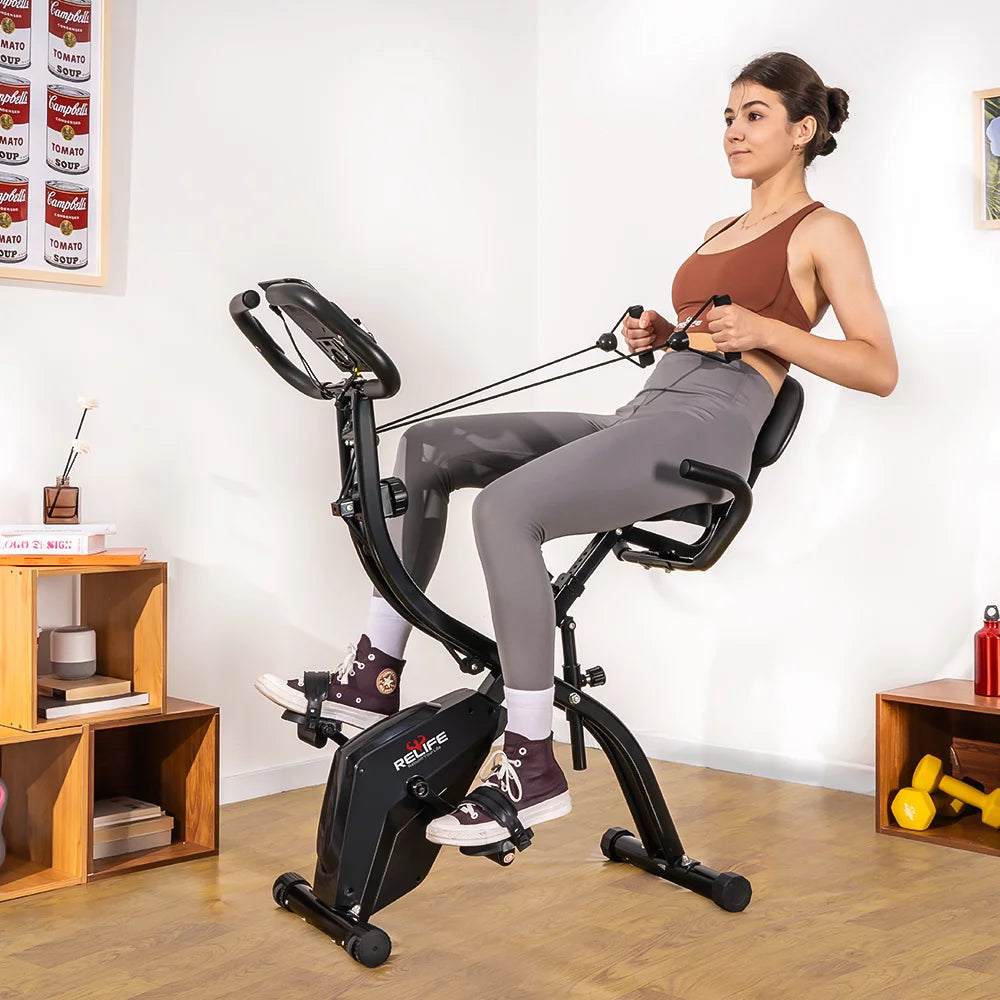Indoor trampoline is great for people who want to exercise and keep active but don’t have the time or space for the full-sized outdoor version. So, how exactly do they work, and how are they beneficial to someone who wants to integrate them into their fitness routine?
In this blog post, we’ll cover everything you need to know about indoor trampoline for the home, how they work, and why it’s essential that you purchase one from a reputable company with high safety standards.
What Is A Trampoline Made Of?
There are four different components of a indoor trampoline, including canvas fabric, safety pads, tubing, and springs. In some cases, you can find trampolines that are spring-free. The tubing is used to put the frame together (the legs and the circular shape of the trampoline). The springs are then attached to the tube frame and help give the trampoline its bounce. The fabric is stretched across the frame, and the safety pads cover the springs, which helps protect people from getting injured if they fall on them.

How Does An Indoor Trampoline Work?
If you’ve ever been on a trampoline, you know that one jump on the surface of the trampoline can push you several feet in the air. This is called the trampoline effect and is based on the law of physics. This means that the more you jump, the higher and faster you will be propelled upwards.
How is this possible? Well, indoor trampoline works by relying on gravity to propel people up when they bounce. When a person jumps onto the surface of the trampoline, their body weight pushes down on it and compresses all of its springs simultaneously. Newton’s Law of Motion helps to explain the reaction a bit easier.
- Newton’s First Law states that an object will stay in motion unless acted upon by an external force, while an object at rest will stay at rest. This means that if you simply stand still on your indoor trampoline, you won’t be pushed into the air. Instead, you’ll stay at rest. If you want the trampoline to start working, you’ll have to start jumping, which is the external force.
- Newton’s Second Law is all about acceleration. How fast an object will travel depends on the net force acting upon it and the object’s mass. This means less force is needed to move a lighter object, like children, while it will take more energy to move a heavier object like an adult.
- Newton’s Third Law states that there is an equal and opposite reaction for every action, which helps to explain the actual bounce. An opposite and equal reaction will help propel you back up when you jump on a trampoline. Once your weight hits it at one point in time, it sends energy back into your body, propelling you upward.
This same reaction is what makes it possible to do tricks on a trampoline- by jumping and then quickly landing in the middle of the trampoline, you can send yourself flying in any direction due to the laws of physics.

Are There Any Health Benefits To Jumping On A Trampoline?
Yes! In fact, indoor trampoline for the home are great for your health overall because they provide a low-impact workout that still provides the benefits of cardiovascular exercise, such as losing weight and burning fat. In addition, this means that they are gentle on your joints and ligaments, which is important if you’re recovering from an injury or if you want to avoid future injuries. They also improve balance and coordination as well as increase cardiovascular endurance.
Additionally, trampolining is a great way to burn calories. According to one study, people who jumped on indoor trampoline consistently for 12 weeks found improvements in their bodies, including smaller measurements, increased lean muscle mass, and fat loss.
What Muscles Can Indoor Trampoline For Home Work Out?
All of the muscles in your body can be worked out on an indoor trampoline, but some work out more than others. The main muscle groups that are used when you jump are your quadriceps, hamstrings, and calf muscles.
Your quadriceps are the muscles on the front of your thigh, while your hamstring muscles are located at the back of your thigh. Your calf muscles are found behind your shin bone. All of these muscle groups work together to help you jump and land properly on a trampoline.
When you jump, you’re working all of these muscle groups as well as other smaller stabilizing muscles in your hips and core. These small muscles get a workout when you’re bouncing around on a trampoline and help to keep you stable while you’re jumping.
The Importance Of Choosing The Right Trampoline
Before you begin your next workout, it’s essential to choose the right indoor trampoline for home. There are a few different things that play into this, like size and material.
First of all, make sure that your indoor trampoline is big enough- if it isn’t, you won’t be able to jump as high or low, which can mean less of a workout! So make sure to check the size before you buy one online. You also want to think about how much space will fit around your indoor trampoline since they’re usually pretty large once set up.
Another thing to consider is what material indoor trampolines are made of. Most indoor trampolines for the home are created with a thick, puncture-resistant material that can hold up to 250 pounds or more. Choosing the right material is essential to ensure you’re adequately supported through your workout journey.
Finally, make sure that you’re picking a company that uses high-quality materials and adheres to safety standards.
Conclusion
If you’re looking for a workout that will work your entire body, indoor trampolines are a great option! Not only will you be getting an excellent cardiovascular workout, but you’ll also be strengthening muscles all over your body. And, the best part is that it’s fun and easy to do! If you’re ready to get started, shop our full selection of indoor trampolines for your home to get started with your workout today.
















